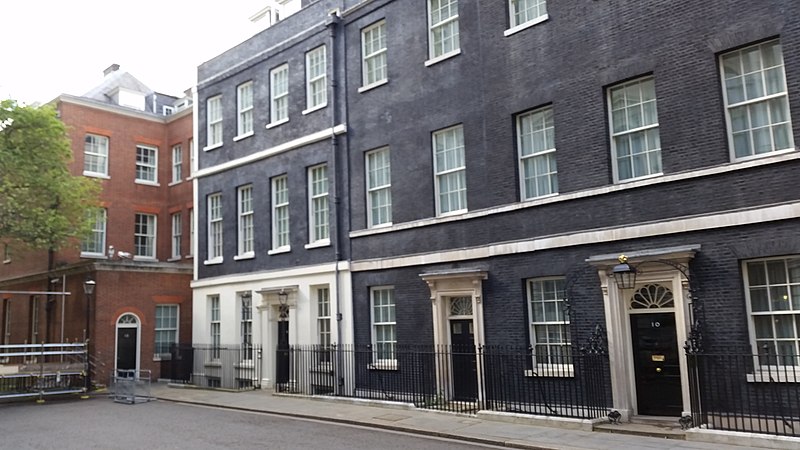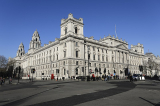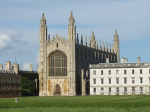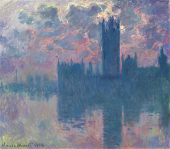
Amid the maze of political speculation for the upcoming year, there's one solid truth akin to a lump of coal in your Christmas stocking: the election campaign is slated for 2024, potentially
culminating with the election itself.
The prime minister hinted just before Christmas that "2024 will be an election year."
Let's delve into the facts behind the necessity for the campaign to commence in 2024. By December 17, 2024, it will mark five years since Parliament convened post the last general election. Should Rishi Sunak not seek Parliament's dissolution before then, it'll automatically dissolve, kick-starting a general election campaign just before Christmas. The latest legal date for the election is Tuesday, January 28, 2025.
Now, onto the analysis.
As the new year rolls in, discussions on the general election will gain momentum, causing a stir among certain circles. Although most folks tend to miss the Westminster buzz, the incessant "E" word might cause some fatigue.
Predicting the election timing has been a lively Westminster industry. The timing will consume Westminster, with only a select few around the prime minister privy to or influential in determining an answer.
This dynamic forces opposition parties, especially Labour, to gear up for potential election dates that may remain elusive until the actual polling day is announced. This poses practical challenges for campaign planning and announcements, particularly for Keir Starmer and other opposition leaders.
Labour faces mounting scrutiny, a journey set to intensify throughout the year, while the Conservatives, under Rishi Sunak, strive to revamp their political fortunes but with minimal success so far.
Let's contextualize the impending general election historically. In the past century, no party has clinched victory in five consecutive general elections. The Conservatives aim for a fifth term in power, a feat that might be more challenging considering the typical voter fatigue toward long-term ruling parties.
Labour approaches the election from an exceedingly poor starting point, having secured their lowest number of seats in decades in 2019. Their quest for electoral success seems challenging, given the historical trend favoring the Conservatives in most general elections since 1918.
Adding complexity, the Scottish National Party, once a force to reckon with in Scottish politics, appears to be on the decline. Meanwhile, the Liberal Democrats remain hopeful about their prospects, aiming to chip away at Conservative support, especially in southern England.
Reform UK, led by Nigel Farage, maintains a threatening presence in Tory circles. The Green Party eyes competitiveness in select constituencies, while Plaid Cymru vies for prominence in Wales.
As politics unfolds in 2024, expect a cacophony of voices. I'll be here to guide you through the noise. And my apologies in advance for the relentless focus on the 'E' word - it's bound to take center stage. Photo by RachelH_, Wikimedia commons.



































